This heart may well be economic in the sense that it is bound to material self-improvement or personal ambition. Equally, however, education is a space to re-imagine and try out a new and better world which delivers improved material, environmental and cultural outcomes for all. Education must surely be a place of open possibilities, for personal growth, for social transformation and for the deepening of democracy. Such is the agenda of ‘New Learning’, explicitly or implicitly. This agenda holds whether our work and thinking is expansive and philosophical or local and finely grained.
If we were to choose a single word to characterize the agenda of the New Learning, it is to be ‘transformative’. New Learning is thus not simply based on a reading of change. It is also grounded in an optimistic agenda in which we educators can constructively contribute to change. If knowledge is indeed as pivotal in contemporary society as the ‘new economy’ commentators and politicians claim, then educators should seize the agenda and position themselves as forces of change. We have a professional responsibility to be change agents who design the education for the future and who, in so doing, also help design the future.
You might see this as a sensible conservatism, sensible for being realistic about the contemporary forces of technology, globalization and cultural change. Or you could see it to be an emancipatory agenda that aspires to make a future that is different from the present by addressing its many crises – of poverty, environment, cultural difference and existential meaning, for instance. In other words, the transformation may be pragmatic (enabling learners to do their best in the given social conditions) or it may be emancipatory (making the world a better place) or it may be both.
At its best, transformative New Learning embodies a realistic view of contemporary society, or the kinds of knowledge and capacities for knowing that children need to develop in order to be good workers in a ‘knowledge economy’; participating citizens in a globalized, cosmopolitan society; and balanced personalities in a society that affords a range of life choices that at times feels overwhelming. It nurtures the social sensibilities of a kind of person who understands that they determine the world by their actions as much as they are determined by that world. It creates a person who understands how their individual needs are inextricably linked with their responsibility to work for the common good as we become more and more closely connected into ever-expanding and overlapping social networks.
The issue is not merely one of quantity. It is not simply a matter of providing more education for more people. While many nations persevere with educational structures founded in the 19th century or earlier, the knowledge economy demands different and creative approaches to learning. Schools, at least in their traditional form, may not dominate the educational landscape of the 21st century. Neat segregations of the past may crumble. Givens may give.
